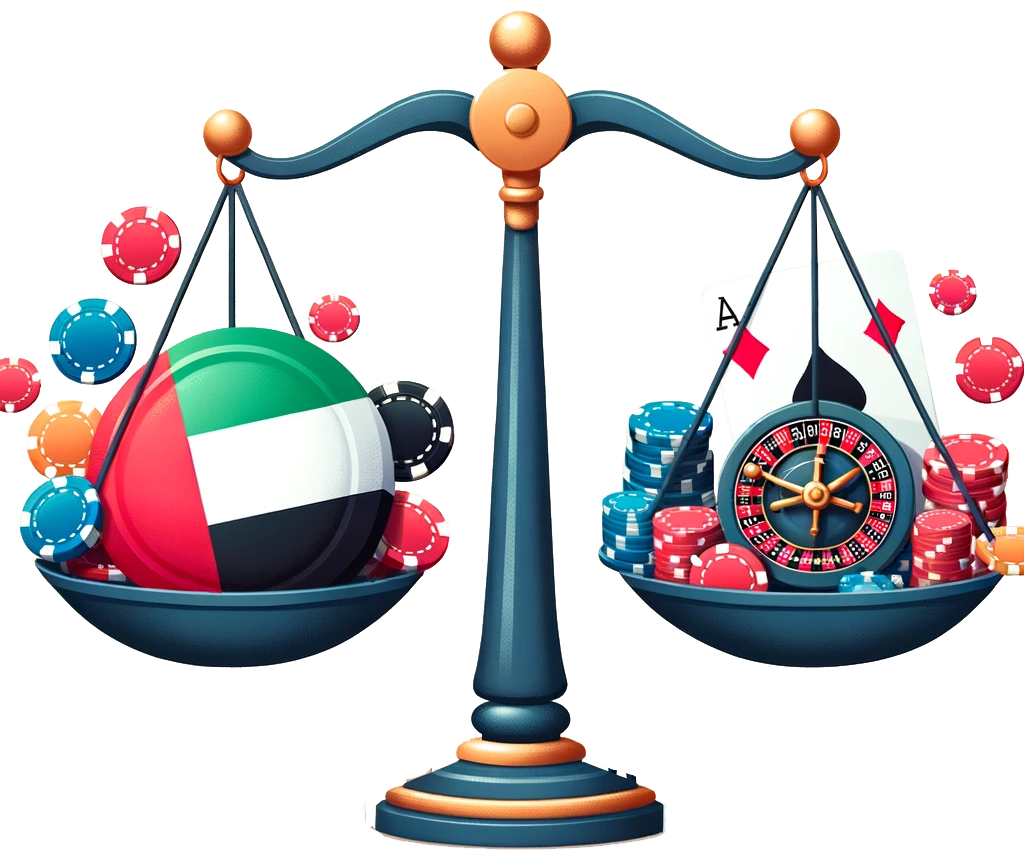Gaming License in UAE
The gaming sector has grown exponentially around the world, with the Middle East, notably the UAE, developing as a thriving market for gaming and e-sports. As the industry grows, adequate licensing becomes increasingly important. A gaming license provides a regulatory framework to assure fair play, consumer protection, and the integrity of gaming activities. It gives operators the legitimacy they need to engage with players while also creating a trustworthy environment for users.
The gaming scene in the UAE is changing swiftly, thanks to technology improvements and a young, tech-savvy populace. The region's strategic investment in infrastructure and entertainment has resulted in a rush of both domestic and international gaming companies looking to create a foothold. However, with this expansion comes the burden of adhering to strict regulations governing gaming operations.

Proper licensing is more than just a formality; it is critical to upholding industry standards and building a thriving gaming ecosystem. It guarantees that operators follow rules that protect players, prohibit fraudulent behavior, and encourage responsible gaming operations. Without a strong licensing structure, the business faces threats including as money laundering, underage gaming, and unfair tactics that can erode customer trust. The GCGRA gaming license is one step towards regulating the gaming industry in the UAE.
































